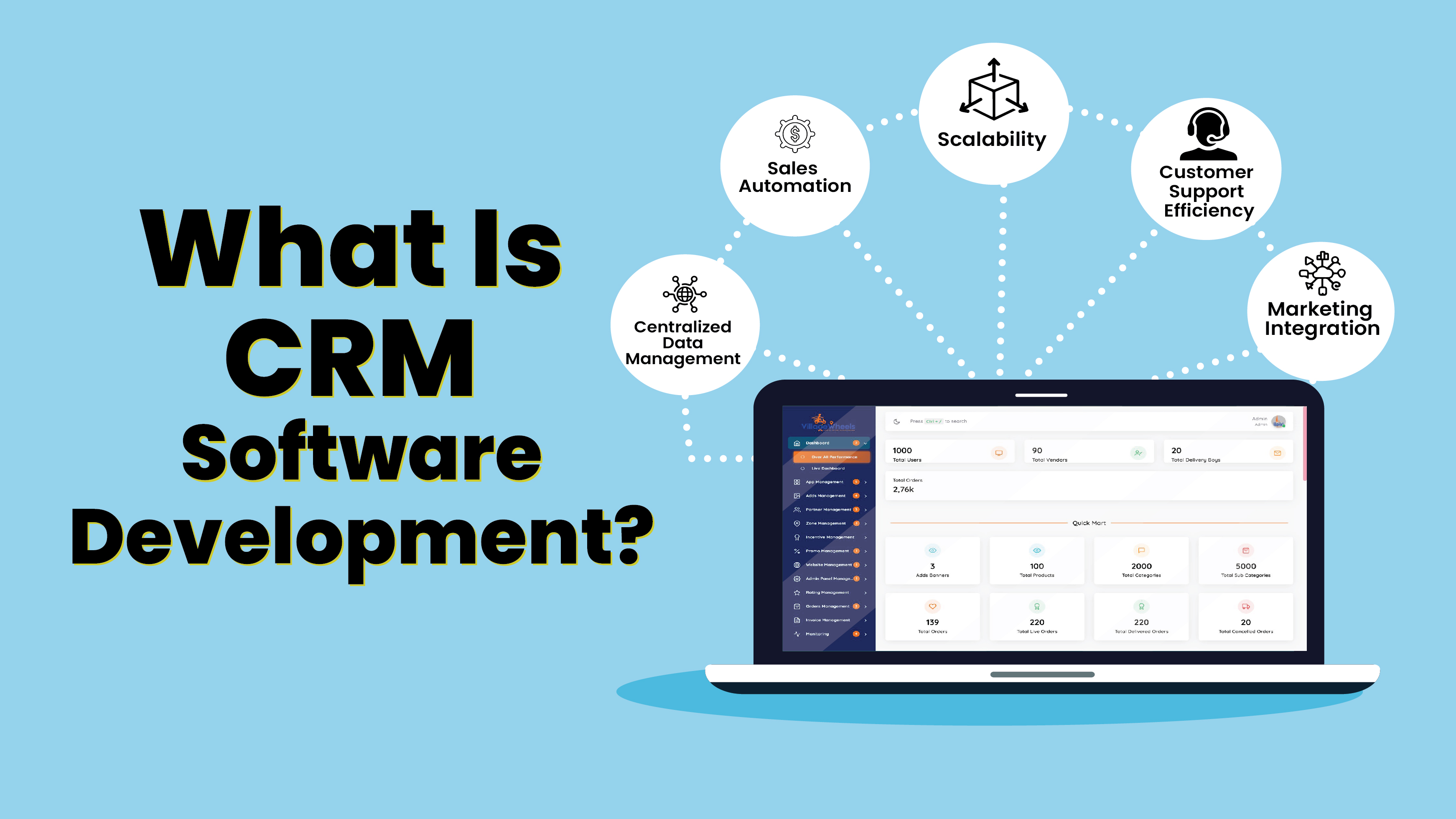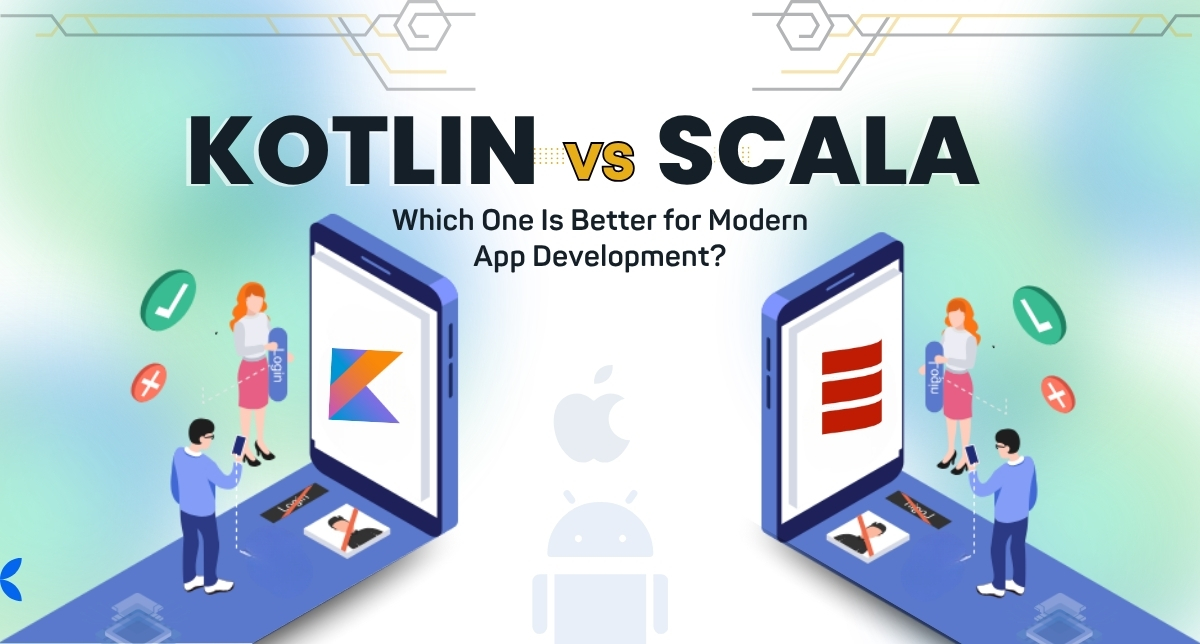In today’s fast-paced and technology-driven world, cloud integration is increasingly becoming a fundamental aspect of mobile app development. Cloud services enable businesses to enhance their apps by offering seamless storage, real-time data access, and improved scalability. Whether you’re a startup or a well-established enterprise, integrating cloud solutions into your mobile application provides several advantages that can take your app to the next level. This blog explores the numerous benefits of cloud integration in mobile app development and how businesses can harness this technology for greater efficiency.
What is Cloud Integration in Mobile App Development?
Cloud integration refers to the process of connecting mobile applications with cloud-based services and platforms. By integrating mobile apps with cloud technologies, developers can store data remotely, synchronize it across devices, and access it in real-time, offering users an improved experience. Cloud-based mobile apps are highly scalable, efficient, and cost-effective, making them an ideal choice for modern app development.
Key Benefits of Cloud Integration in Mobile App Development
1. Improved Scalability
As businesses grow and expand, the demand for app resources increases. Cloud integration ensures that mobile apps can scale to accommodate a higher number of users or larger datasets without compromising performance. Cloud services provide the flexibility to scale resources up or down according to demand, which helps businesses save on costs and enhance user experience.
-
Dynamic Scaling: Cloud providers offer automated scalability, meaning your app’s infrastructure can expand or shrink in response to demand spikes.
-
Better Load Handling: Whether it's high traffic during seasonal sales or new app updates, cloud integration allows apps to handle these without slowing down.
2. Cost-Effective Solutions
Cloud integration reduces the need for extensive in-house infrastructure, such as physical servers and storage. With cloud-based solutions, businesses can pay only for the resources they use, making it a cost-effective choice for mobile app development.
-
Eliminates Infrastructure Costs: No need to invest in expensive hardware or worry about maintenance.
-
Pay-as-You-Go: Cloud platforms typically offer flexible pricing models based on usage, helping businesses keep expenses in check.
3. Seamless Data Synchronization Across Devices
One of the greatest advantages of cloud-based apps is the ability to synchronize data across multiple devices. Users can access the same data on their mobile phones, tablets, or desktop computers without experiencing any discrepancies.
-
Real-Time Updates: Cloud integration ensures that data is updated across all devices in real-time.
-
Cross-Platform Compatibility: Data synchronization is streamlined between iOS, Android, and web platforms, improving the user experience.
4. Enhanced Data Security
Data security is a top priority for both developers and users. With cloud integration, sensitive user information is stored securely on remote servers, and the risk of data loss or theft is minimized.
-
Encryption: Cloud services use encryption protocols to safeguard user data, both in transit and at rest.
-
Backup Solutions: Many cloud platforms offer automatic backup features, ensuring that data is regularly saved and easily recoverable in case of any issues.
5. Faster Development and Deployment
Cloud integration accelerates the mobile app development process by providing ready-to-use resources and tools that developers can integrate into their apps. This reduces the time spent building features from scratch and helps bring your app to market faster.
-
Ready-Made Tools: Cloud providers offer APIs, SDKs, and frameworks that developers can easily integrate.
-
Reduced Development Time: Cloud services automate various backend processes, allowing developers to focus on app features and functionality.
6. Real-Time Collaboration
For development teams working remotely or across different locations, cloud integration provides a collaborative environment where teams can share resources and updates in real-time. This helps in keeping the project on track and fosters better communication among team members.
-
Collaboration Tools: Cloud-based platforms like GitHub and Google Drive allow developers to collaborate on code, design, and testing.
-
Remote Work Capabilities: Team members can access cloud resources from anywhere, making it easier to work on projects without being tied to a specific location.
7. Better Performance with Cloud Analytics
Cloud-based mobile apps can integrate advanced analytics tools, which help developers track user behavior, measure app performance, and understand usage patterns. This data can then be used to make informed decisions about app improvements and updates.
-
Data-Driven Insights: Cloud analytics provides actionable insights into app performance, which can be used to optimize user engagement and retention.
-
Real-Time Feedback: Developers can access real-time feedback from users, helping them address issues promptly.
Why Cloud Integration is Crucial for Mobile App Success
Cloud integration is not just an option it's a necessity for businesses looking to succeed in the competitive mobile app market. It enhances user experience, improves security, and provides cost-effective solutions for app development. Whether you are working on a small-scale project or a large enterprise-level mobile application, the benefits of cloud integration will prove invaluable.
How Cloud Integration Empowers Businesses
1. Flexibility and Accessibility
Cloud services offer businesses flexibility by allowing access to data from anywhere in the world. This accessibility ensures that mobile app users can engage with the app across multiple devices and platforms, regardless of location.
2. Enhanced User Experience
By utilizing cloud resources, developers can provide users with a fast, responsive app experience. Features like offline access, cloud syncing, and personalized recommendations enhance user satisfaction, making them more likely to use the app regularly.
3. Continuous Updates and Improvements
Cloud integration ensures that your app is always up-to-date with the latest features and security patches. Cloud-based apps can be updated and improved without requiring users to manually download and install new versions, ensuring a seamless experience.
Conclusion: Leveraging Cloud Integration for Your Mobile App Development
Cloud integration is a game-changer for mobile app development in Mumbai and other areas, offering a wealth of benefits that streamline app performance, increase scalability, and ensure security. By taking advantage of the power of cloud technology, you can ensure that your mobile app stays ahead of the competition, delivering an enhanced experience to users and growing your business.
At Appdid, we specialize in providing custom mobile app development services that seamlessly integrate with cloud technologies. Our expert team of developers can help you build scalable, secure, and cost-effective mobile applications tailored to your business needs. Whether you’re launching a new app or looking to upgrade an existing one, Appdid has the expertise to help you achieve your goals.Contact us today!










